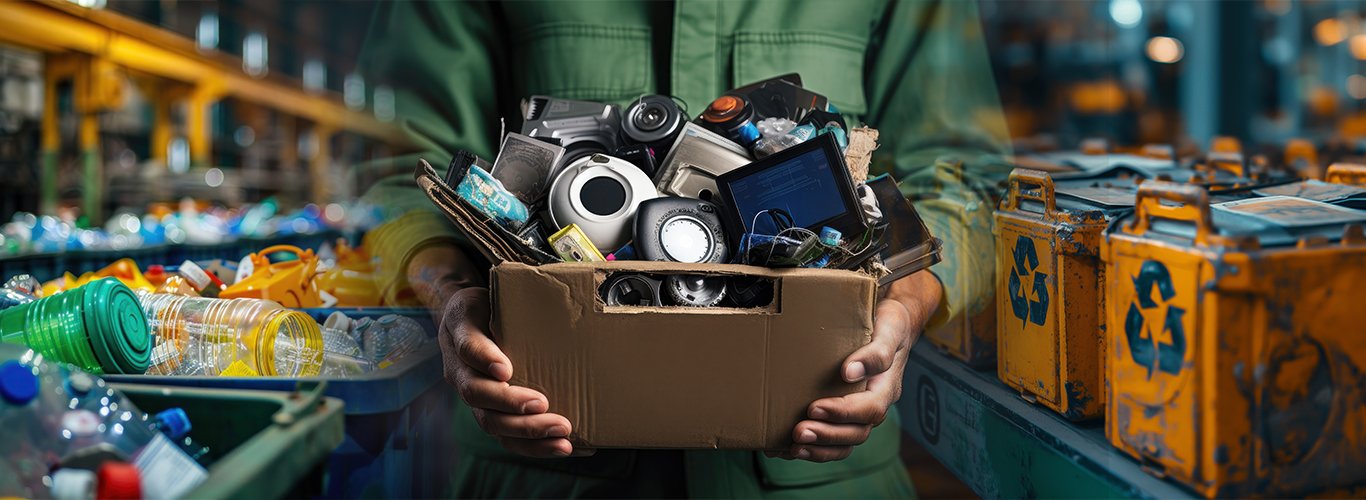
WHY RECYCLE USED OIL?
Used oil is a highly toxic substance that can cause many problems if not disposed of properly. That is why businesses that produce waste oil have crippling-to-severe liability, which means they are still responsible for the oil after it leaves their premises. This high liability encourages industries not to cut corners when disposing of used oil. Recycling used oil is a highly profitable option for many businesses. It does not only provide gross cost benefits but also benefits to the environment. Here are some specifics.
SAVE MONEY – IN MORE WAYS THAN ONE
There are many cost benefits of recycling used oil. Firstly, if you decide to dispose of any waste oil that may arise from your business, you must pay an authorized organization for transportation and safe disposal. You’d have to empanel a company you could trust to handle the settlement and, trust us, this does not come cheap. Additionally, you have serious-to-severe liability, so at no time can you waive responsibility for that used oil during the transportation and disposal process.
If an accident, leakage, or other types of problem occurs during transportation, your business will be financially responsible for the loss. You have to pay for maintaining the required temperature at your facilities, including the energy and equipment needed. Used oil recycling can help you save money in this regard by essentially providing free heat to your business. If you recycle your used oil and run it through a clean burn furnace, you can eliminate the need to use alternative fuels or equipment to provide the heat. You generate your energy and, when you pay for the equipment, you can enjoy the free resource.
SAVE THE ENVIRONMENT
There is always a risk when you are transporting used oil. It is insoluble and degrades slowly, so if leakage occurs, you can expect some long-lasting damage to the environment around it. Additionally, oil tends to stick to a wide variety of surfaces, including bird feathers and animal fur, so if spilled oil comes into contact with an animal, potentially fatal damage can occur. Last but not least, oil can pollute soil and water, contaminating crucial environmental elements. By participating in used oil recycling, you can eliminate these risks.
Oil is a valuable resource, and unlike many other resources, it does not degrade over time or use. Recycling used oil allows you to increase longevity and get the most out of virgin oil.
INCREASE EFFICIENCY
Making oil and base stock can be a laborious process. Producing a gallon of base stock reprocessed with used oil requires significantly less energy than making a base stock from crude oil. Additionally, one gallon of used motor oil can make the same 2.5 quarts of lubricating oil, which requires 42 gallons of crude oil. Used oil recycling can increase manufacturing capacity for oil in industries.




